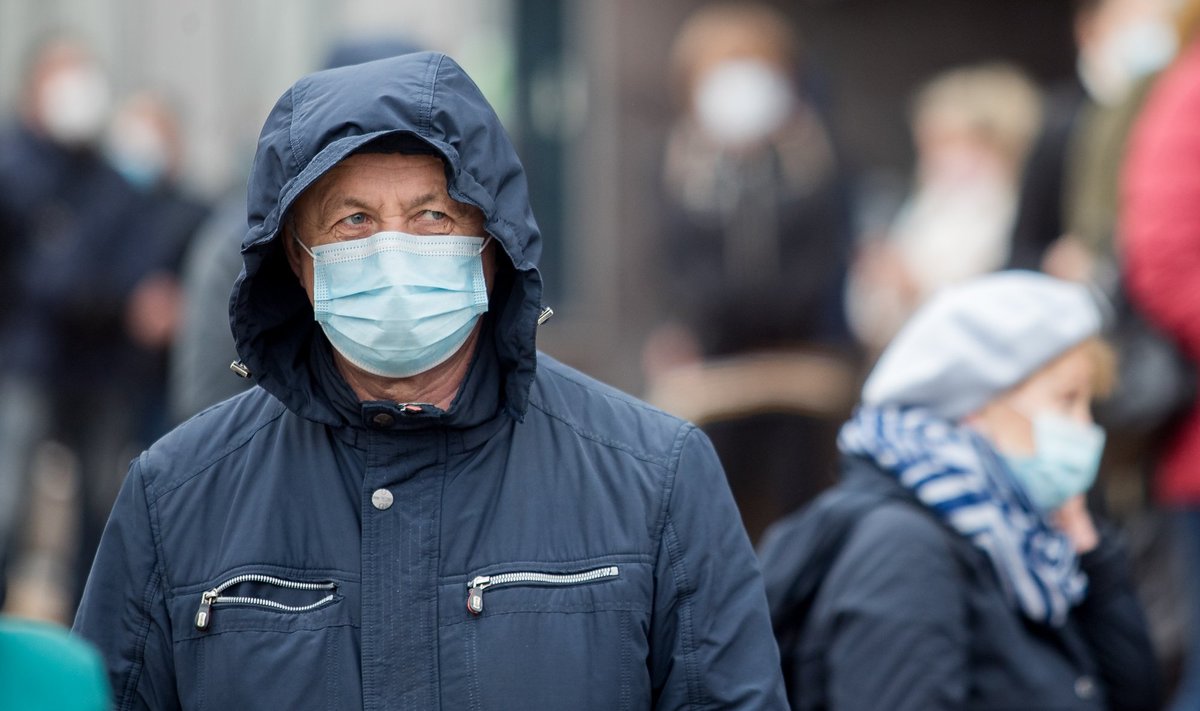Statistics show that the vaccination campaign in the southeastern Lithuanian region, which has large national minority populations, has been slower than in the rest of the country.
In Visaginas, the last leg of her trip, Simonyte met with the town's mayor and other officials to discuss the reasons why it is difficult to convince older people to get the jab.
"We agreed on certain things that the government will try to do and help the municipality," she said. "First of all, we are talking about professional information in the Russian language about the benefits of the vaccine and maybe the answers to questions that a person might want to ask their doctor."
Some people do not use Lithuanian information sources, but rather rely on "not necessarily reliable" sources in other languages, the prime minister noted.
"They believe fake news or some other forms of disinformation," she said. "We'll do our best to provide as much information as possible to our national minorities in the languages in which it is easier for them to get that information."
Official statistics show that at least one vaccine jab has been administered to 11.3 percent of the population in Visaginas, 19.1 percent in Svencionys District and 13.1 percent in Vilnius District, compared to the national average of 19.5 percent.
